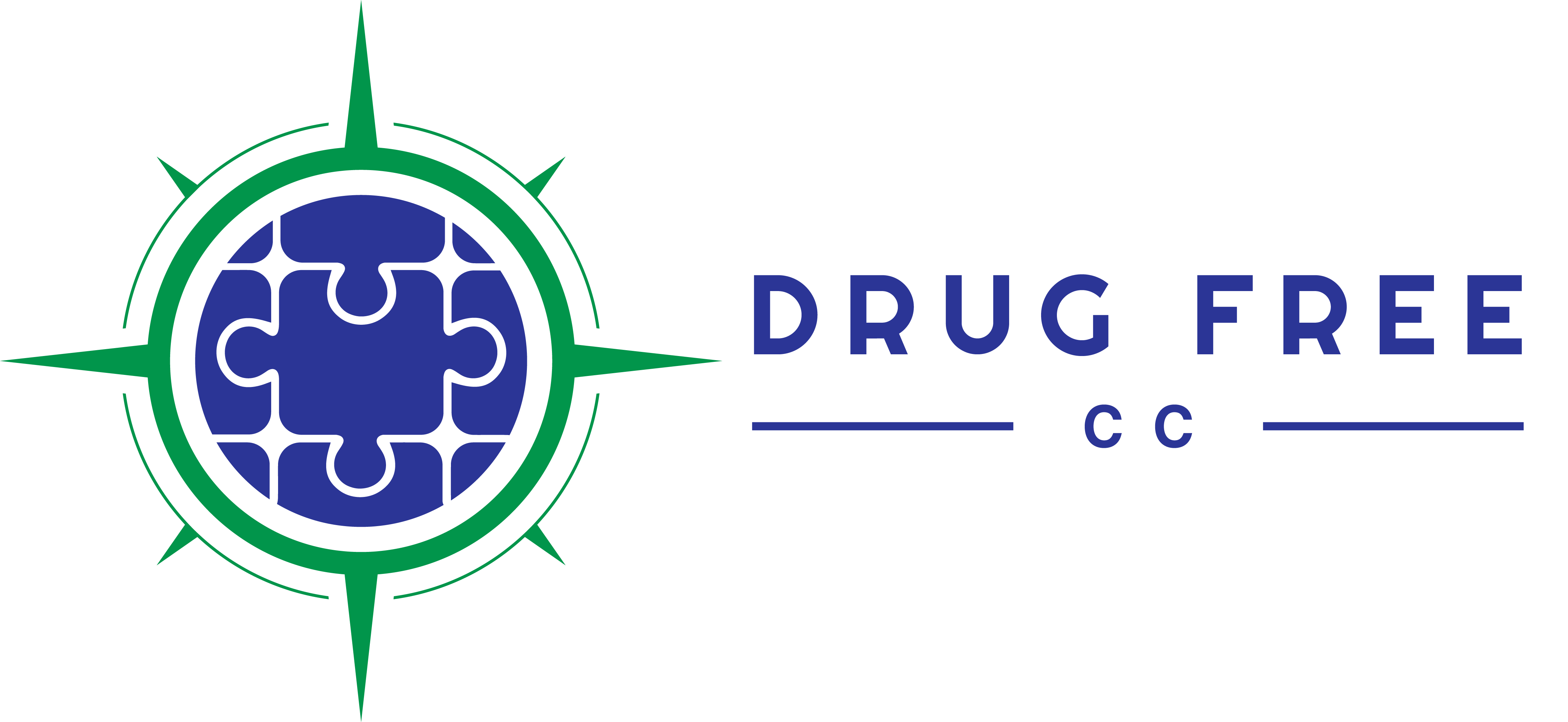RX DRUGS & OPIOIDS
What Are Opioids?
Opioids are a class of drugs used to reduce pain categorized in three ways.
Prescription opioids - prescribed by a doctor to treat moderate to severe pain when used as directed. Common types are oxycodone (oxy), hydrocodone (Vicodin), morphine, and methadone. Prescription opioids become dangerous when misused increasing the chances of developing an addiction. They are taken orally or snorted.
Heroin - is an illegal, highly addictive opioid drug. Often taken intravenously, it can also be smoked or snorted.
Fentanyl & Carfentanil - are both synthetic opioid pain relivers used to treat severe pain, typically advanced cancer pain. Fentanyl is 100 times stronger than morphine and 50 times stronger than heroin. It's chemical cousin, Carfentanil is 10,000 times stronger than morphine and 100 times stronger than fentanyl. Carfentanil is so strong it is used as a tranquilizer for very large animals, like elephants. Outside of medical or zoological needs both are made and distributed illegal and added among other drugs like heroin, cocaine, meth, and street sold prescription pills and can cause death within seconds. Because they are found in other forms of drugs, these substances can be taken intravenously, smoked, snorted, orally, and through medically given patches or lozenges
A 2 mg dose of Carfentanil will knock out an average size elephant and is enough to kill about 50 people.
In 2020, about 64% of reported overdoses involved an illegally made opioids like fentanyl.
Source: CDC
Common Signs Of Opioid Use Disorder
- Regularly takes an opioid in a way not meant by the healthcare professional who prescribed it. This includes taking more than the prescribed dose or taking the drug for the way it makes a person feel.
- Takes opioids "just in case," even when not in pain.
- Focuses daily activities on how to get opioids.
- Changes in moods, including extreme swings from joy to anger.
- Borrows medicine from others or "loses" medicines to get more prescriptions written.
- Seeks the same prescription from multiple healthcare professionals to have a "backup" supply.
- Makes poor decisions, including putting self and others in danger.
Source: Mayo Clinic
Why Are Opioids So Risky?
They work by binding to the opioid receptors in your brain - the "feel good" chemicals - and alter the brain on a chemical level. The brain and body will develop a tolerance to opioids quickly, meaning you continually have to increase the dose to feel the effect. Which is why ALL types of opioids are so addictive, even when they are prescribed by a healthcare professional and taken as directed.
If I Take Prescribed Opioids Will I Become Addicted?
Anyone who takes prescription opioids can become addicted to them. You may also develop tolerance—meaning that over time you might need higher doses to relieve your pain, putting you at higher risk for a potentially fatal overdose. You can also develop physical dependence—meaning you have withdrawal symptoms when the medication is stopped.
To help reduce your risk:
- Never take prescription opioids in greater amounts or more often than prescribed.
- Always let your doctor know about any side effects or concerns you have about using opioids.
- Avoid taking opioids with alcohol and other substances or medications. It is very dangerous to combine opioids with other drugs, especially those that cause drowsiness, such as:
- Benzodiazepines (such as Xanax® and Valium®)
- Muscle relaxants (such as Soma® or Flexeril®)
- Sleep aids (such as Ambien® or Lunesta®)
- Other prescription opioids
- Do not share or sell your prescription opioids.
- Store prescription opioids in a secure place, out of reach of others (including children, family, friends, and visitors).
- Dispose of unused prescription opioids at the end of your treatment.
How To Prevent Opioid Misuse Or Overdose
- Work with the doctor to monitor use if you or a loved one is prescribed opioids as pain management
- Be an advocate for yourself or loved one if you consider ways to manage pain with opioids
- Never take in greater amounts or more frequently than prescribed
- Do not take opioids with other substances or medications, especially ones that cause drowsiness
- Do not share or sell your prescription opioids
- Store prescription opioids in a secured place away from others, including children
- If you have unused pills - you can drop them at Drop Boxes located HERE.
If you or a loved one are suffering from substance use, help is available. Click the help button below to find local resources.
